38 private label definition
› learn › private-labelingWhat is Private Labeling? [Definition, Pros, Cons & More] Private Label Definition A third-party manufacturer produces a private label product. It is sold under a retailer's brand name. The retailer controls everything about the product. From its specifications to how it's packaged, and everything in between, you choose it all. Once they've been produced, the products are shipped to the retailer for sale. White Label vs Private Label - What's the Difference? - THAT! Company A private label service is offered by a contract or third-party provider and sold under your brand name. In essence, this is straight sub-contracting or use of a subcontractor.
White Label vs Private Label | What Is Private Label? - BlueCart A private label brand is a business devoted to creating products that third parties can sell as their own. They don't market, brand, or retail any of their own goods. They are focused solely on manufacturing products that are sold to other companies, who sell them to other businesses or consumers.

Private label definition
› encyclopedia › private-labelPrivate Label Definition - What is Private Label - Shopify What is Private Label? A private label product is manufactured by a contract or third-party manufacturer and sold under a retailer's brand name. As the retailer, you specify everything about the product - what goes in it, how it's packaged, what the label looks like - and pay to have it produced and delivered to your store. What is Private Label? Private Label Definition - wix-encyclopedia Private labels, more colloquially known as "store brands," are the lines of products retailers create to sell in-house, often at a lower price point than well-known competitor brands. While the production itself is executed by an external manufacturer, all elements of the marketing are managed by the retailer. Private Labeling vs. White Labeling: What's the Difference? What is private labeling? Private labeling is a practice where a manufacturer or brand sells its product exclusively to one retailer. The retailer can change the product in certain ways, such as by modifying the size or color. The retailers also typically handle all the marketing, publicity and branding of the product.
Private label definition. PRIVATE-LABEL | definition in the Cambridge English Dictionary private-label meaning: used to describe goods that are sold using the name of the store, etc. that sells them, rather than…. Learn more. Private Label Rights (PLR): The Complete Guide - Resurchify Private label right (PLR) is an agreement where resale of original content rights occurs between the reseller and the buyer. The reseller purchases content from content creators and resells it to a buyer who uses it on his own web source and claims the right to own it. The content may be in the form of articles, videos, ebooks, software. Private Label Distributor - Food and Drug Administration A firm that does not participate in the manufacture or processing of a drug but instead markets and distributes under its own trade name, and labels a drug product made by someone else, is referred to as a Private Label Distributor or PLD. PLDs do not have a registration or listing obligation for drugs they do not manufacture or process. PLDs ... legal-dictionary.thefreedictionary.com › private+lawPrivate law legal definition of private law Private Law. That portion of the law that defines, regulates, enforces, and administers relationships among individuals, associations, and corporations. As used in distinction to
What Is a Private Label Credit Card? | GoCardless Private label credit cards are run in collaboration with banks or third-party financial institutions. The third-party partner (or private label credit card provider) assists in several areas, including issuing, funding, and payment collection. Because private credit cards are managed by banks or financial institutions, they offer exactly the ... Private Labeling vs. White Labeling: What's the Difference? What is private labeling? Private labeling is a practice where a manufacturer or brand sells its product exclusively to one retailer. The retailer can change the product in certain ways, such as by modifying the size or color. The retailers also typically handle all the marketing, publicity and branding of the product. What is Private Label? Private Label Definition - wix-encyclopedia Private labels, more colloquially known as "store brands," are the lines of products retailers create to sell in-house, often at a lower price point than well-known competitor brands. While the production itself is executed by an external manufacturer, all elements of the marketing are managed by the retailer. › encyclopedia › private-labelPrivate Label Definition - What is Private Label - Shopify What is Private Label? A private label product is manufactured by a contract or third-party manufacturer and sold under a retailer's brand name. As the retailer, you specify everything about the product - what goes in it, how it's packaged, what the label looks like - and pay to have it produced and delivered to your store.
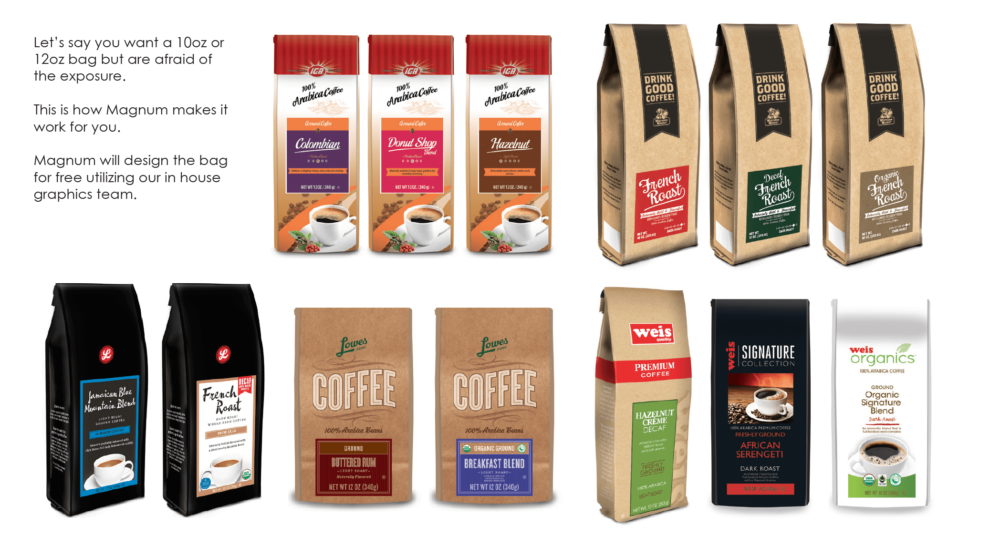

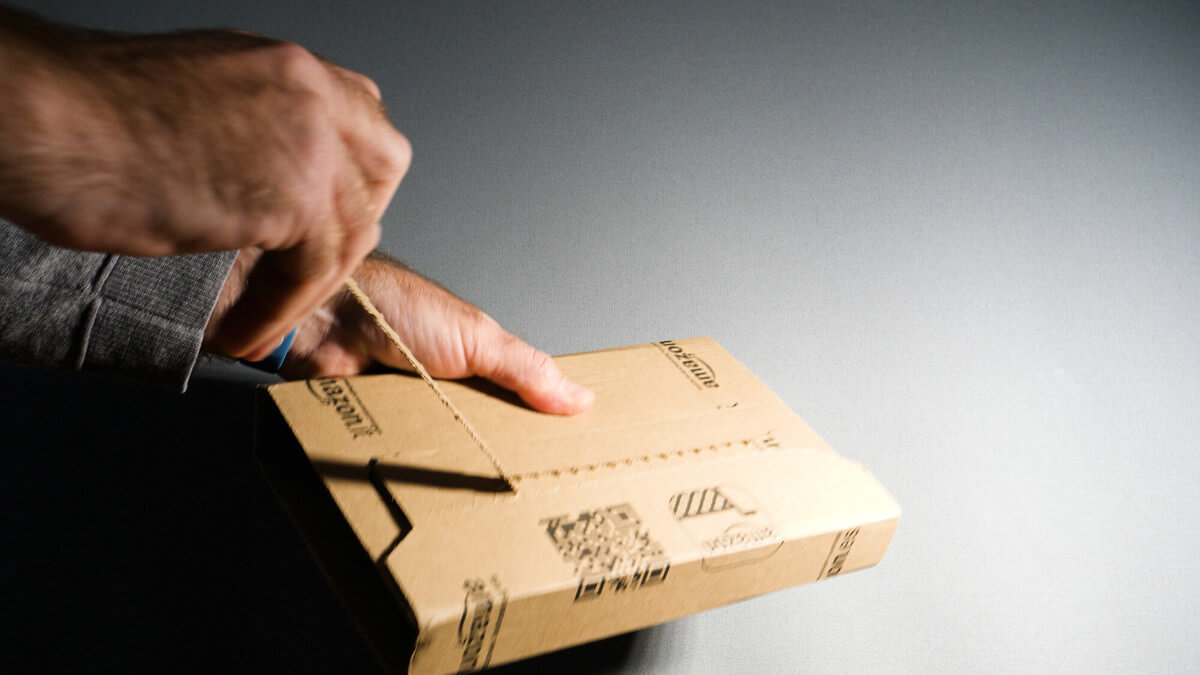
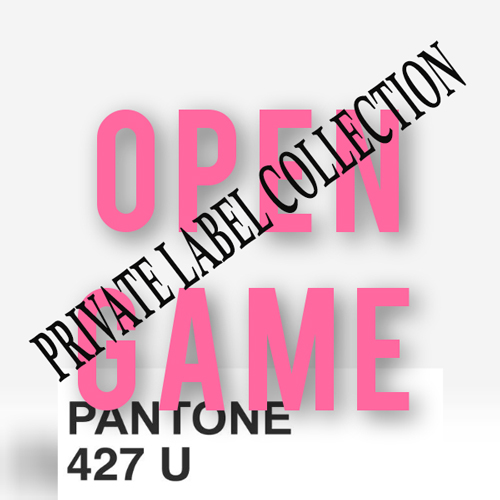


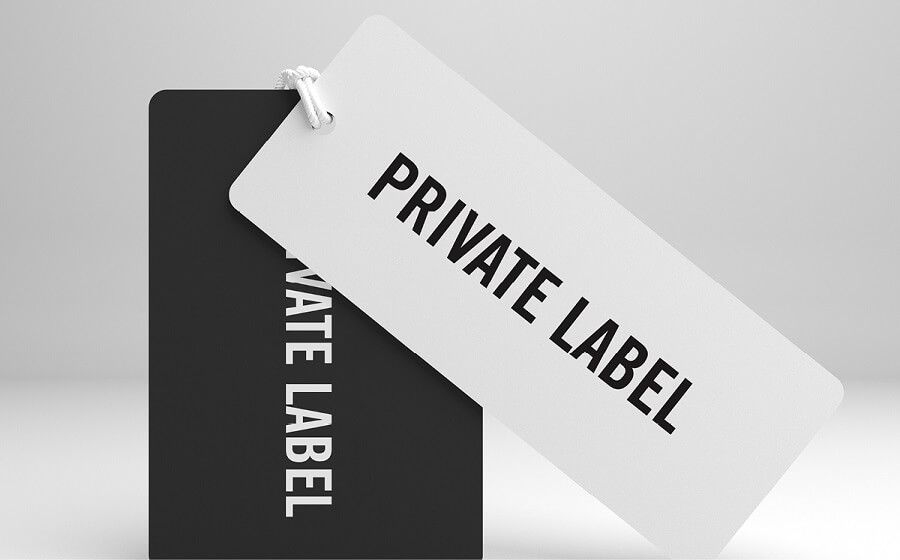



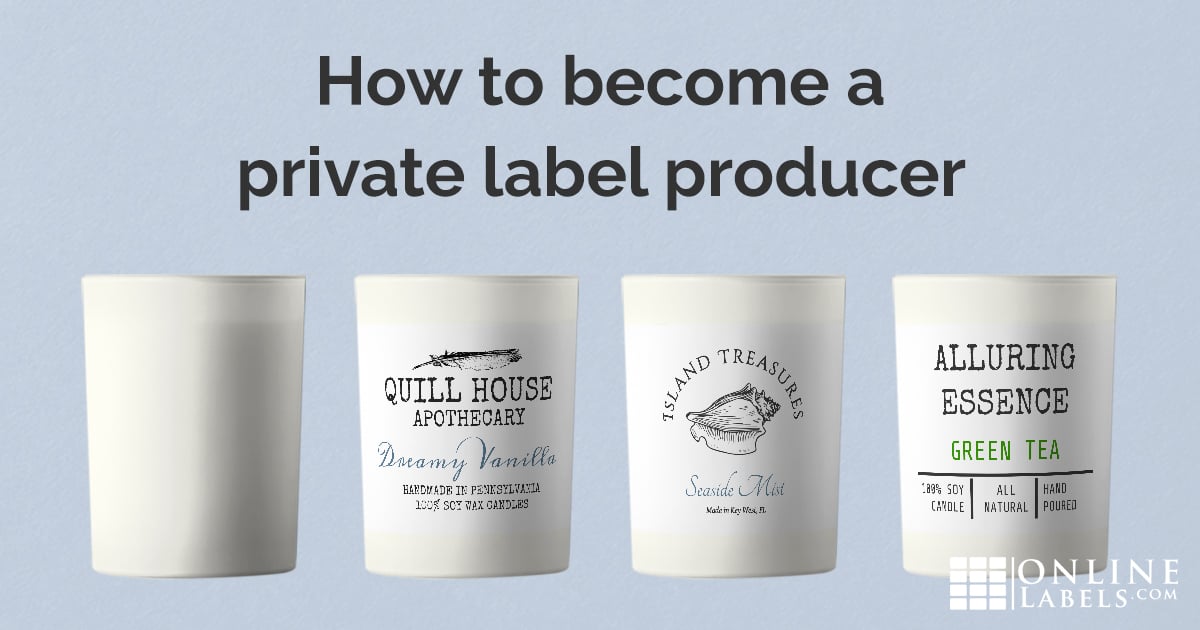












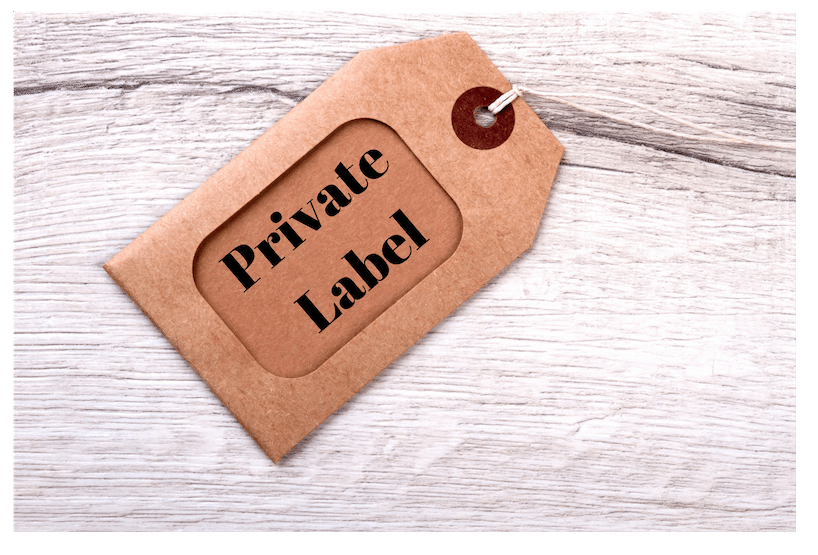


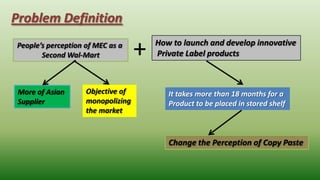


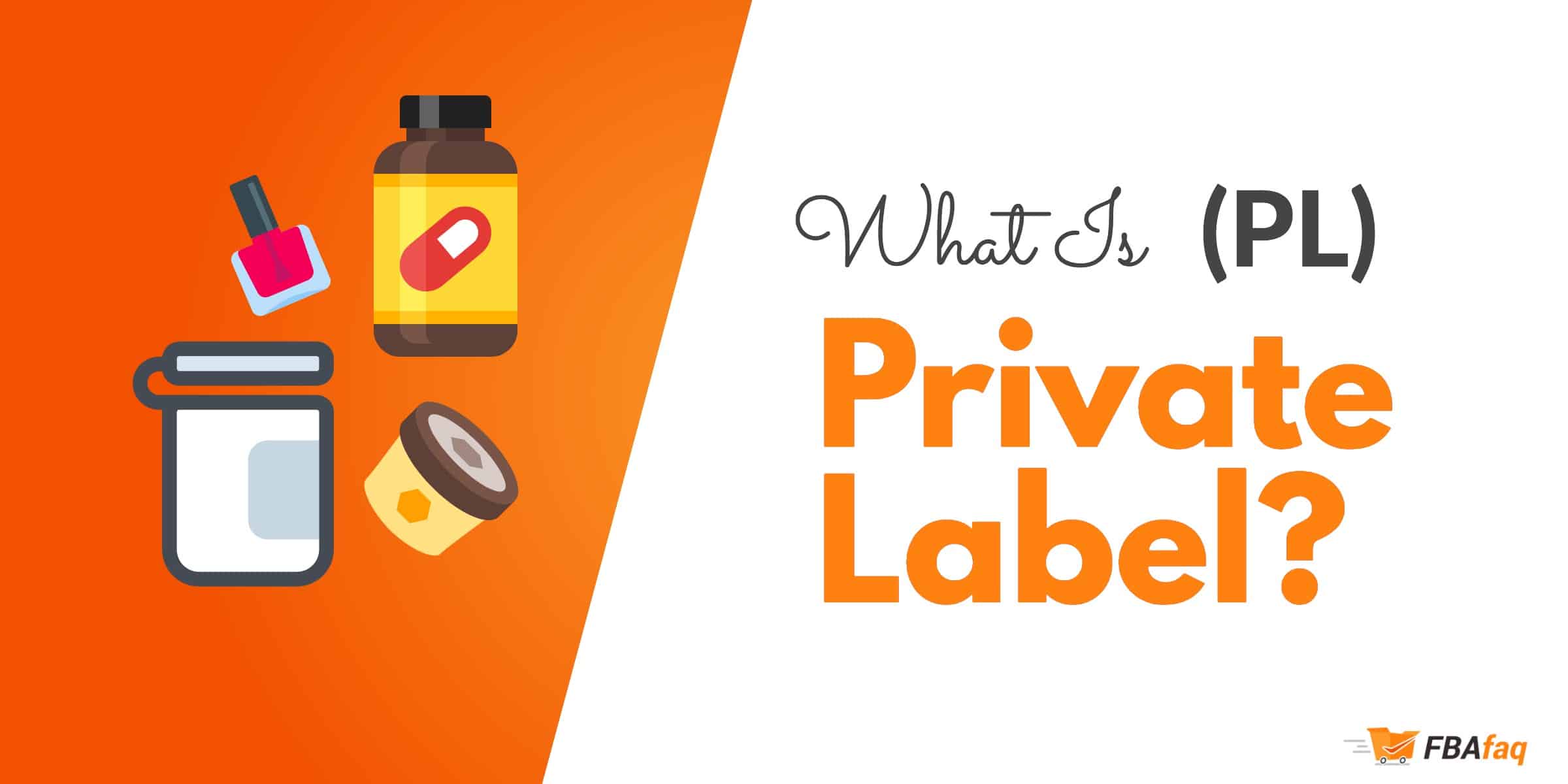


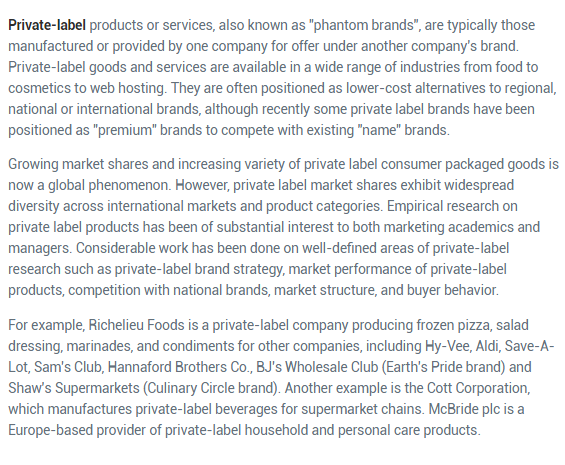


Post a Comment for "38 private label definition"